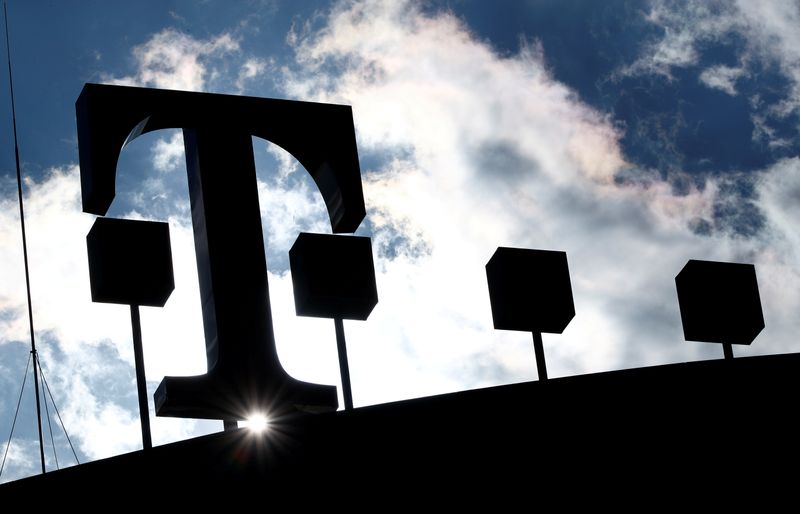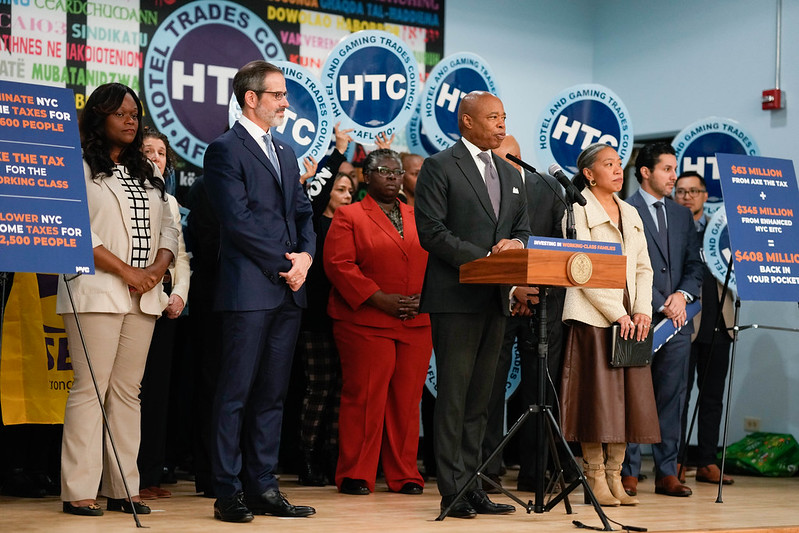PARIS (Reuters) – Deutsche Telekom and France’s OVHcloud plan to build a new cloud computing offer for European companies and public sector entities deemed of strategic importance, the two companies said on Monday.
The Franco-German partnership is the first attempt to offer a European alternative to Amazon, Microsoft and Google in cloud computing, a business expected to grow by 6.3% in 2020 to $257.9 billion, according to research firm Gartner, as many people work from home due to pandemic lockdowns.
The three U.S. companies had a combined worldwide market share of 60% in the second quarter, according to market research.
This dominance has raised concerns in Europe that sensitive corporate data could be spied on in the wake of the adoption of the U.S. CLOUD Act of 2018 and in the absence of any major competitors, except China’s Alibaba.
“This new offering will address the specific needs of the public sector, as well as essential infrastructure operators and companies of all sizes operating in strategic or sensitive areas of public interest,” Deutsche Telekom’s IT services arm division T-Systems and OVHcloud said in a joint statement.
The cloud platform will target “all sectors sensitive to data sovereignty” and to the EU-wide data protection rules, or GDPR, the two groups added.
Amazon, Microsoft and Google say they abide by EU rules and make sure they protect the data customers entrust them.
Many analysts are sceptical the ability of any new comer to dent the dominance of U.S. companies in Europe, as they’ve spent heavy sums over the last few years that put them way ahead in the race.
“To make a sovereign European cloud infrastructure successful we need to scale fast,” said Frank Strecker, head of Deutsche Telekom’s public cloud business. “And we need the support of the public sector.”
Based in Roubaix near Belgium, OVHcloud employs 2,200 people and has 30 data centres worldwide, including one in Limburg near Frankfurt. It generated 600 million euros ($711 million) in sales in 2019. T-Systems’ has total sales of 6.8 billion euros.
(Reporting by Mathieu Rosemain, editing by Louise Heavens)
























